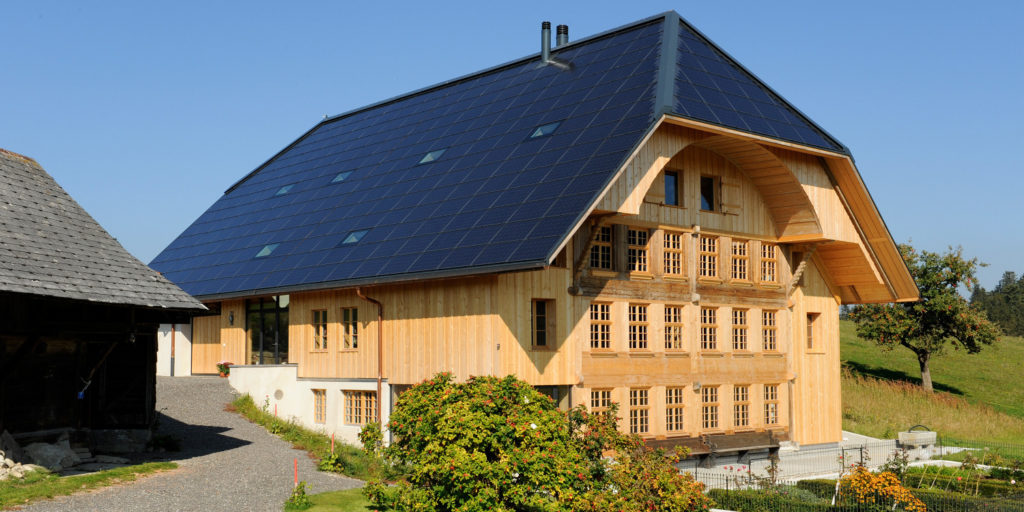The potential for photovoltaics in Switzerland is huge, but so far largely untapped. The local solar association Swissolar is now calling for a significant acceleration of its expansion, while noting that the Swiss Federal Office for Energy (BfE) itself has determined that around 50 GW of solar power could be installed on rooftops alone. This would compensate for the country's nuclear phase-out and at the same time promote the decarbonization of the heating and transport sectors.
However, in order to really achieve the 50 GW of installed PV capacity by 2050, the annual expansion RATE would have to increase fivefold, from 300 MW at present to at least 1,500 MW, the association said at the 17th National Photovoltaic Conference in Bern.
Swissolar is also convinced that the first phase of the 50 GW could be achieved with an optimized use of already available funding. The association has asked for tenders for large plants. In addition, security of supply in the country would be guaranteed if the massive expansion of PV also kept hydroelectricity and storage options for surpluses in balance.
Popular content
In this regard, good news came from the BfE on Tuesday. It provided CHF 30 million in additional funding to further reduce the waiting list for the rebates for large PV systems (GREIV) this year. These additional revenue will now be used for solar subsidies, according to the Federal Office. This means that a total of CHF 180 million will be available for rebates this year. During the year, all applications submitted by January 31, 2014, would receive a grant. The waiting list could also be reduced by around 400 large plants. According to BfE figures, there is 27 MW of PV already installed at 100 sites and 70 MW at 300 sites still to be built. Overall, more than 2,000 large PV installations in Switzerland will be financed by the so-called GREIV assurance this year.
Although funding for incentives is sufficient, bureaucratic hurdles will have to be reduced, Swissolar said. In Switzerland, new PV systems have delivered the cheapest electricity of all new power plants and further price reductions in technology are foreseeable. However, bureaucratic hurdles in the construction of PV systems largely offsets the cost reductions with components. Swissolar estimates that bureaucratic issues add eight to 12 hours per project. It has appealed to the distribution system operators, municipalities, Pronovo and other authorities to simplify and coordinate their processes. In addition, important steps will have to be taken in the forthcoming revision of the CO2 Act to boost energy turnaround in the heating and transport sector as well.
This content is protected by copyright and may not be reused. If you want to cooperate with us and would like to reuse some of our content, please contact: editors@pv-magazine.com.



By submitting this form you agree to pv magazine using your data for the purposes of publishing your comment.
Your personal data will only be disclosed or otherwise transmitted to third parties for the purposes of spam filtering or if this is necessary for technical maintenance of the website. Any other transfer to third parties will not take place unless this is justified on the basis of applicable data protection regulations or if pv magazine is legally obliged to do so.
You may revoke this consent at any time with effect for the future, in which case your personal data will be deleted immediately. Otherwise, your data will be deleted if pv magazine has processed your request or the purpose of data storage is fulfilled.
Further information on data privacy can be found in our Data Protection Policy.